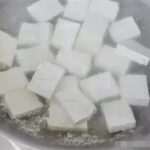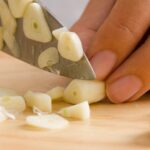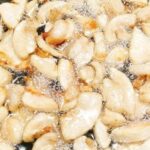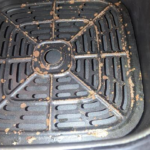A clever trick employed by many experienced chefs when frying is to squeeze a little lemon juice into the pan. Give it a try and be prepared for a pleasant surprise:
The Benefits of Adding Lemon Juice to the Frying Pan
Frying often results in food sticking to the pan, especially if a non-stick pan is not used. Moreover, oil splatters during frying can be a safety hazard, causing burns and mess. Without proper technique, fried food may turn out soggy and soft instead of crispy.
By adding a bit of lemon juice to the frying oil, you can achieve the following benefits:
Lemon is acidic and has a sponging effect. As a result, adding lemon to the frying oil helps the food crisp up faster and stay crispy for longer, ensuring delicious and crunchy dishes. This trick also saves you from over-frying, allowing you to achieve a perfect balance between a crispy exterior and a moist, tender interior. Dishes with starch, such as spring rolls, become even crispier and retain their crunch for extended periods when combined with lemon.
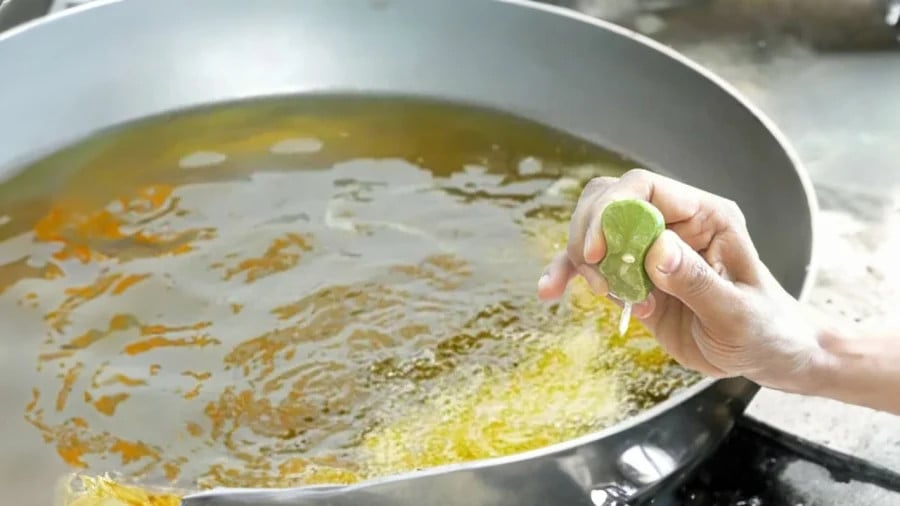
Use a little flour/rice flour/tapioca starch
If you don’t have lemon, you can use a small amount of flour in the frying oil before you start cooking. Heat the oil, then sprinkle a little flour (tapioca starch, cornstarch, wheat flour, or special frying flour) into the pan. Be sure to use only a teaspoon to avoid burning and charring.
Adding starch to the frying oil has multiple benefits; it is highly effective at preventing oil splatters. Additionally, it helps the fried food crisp up faster and prevents sticking.
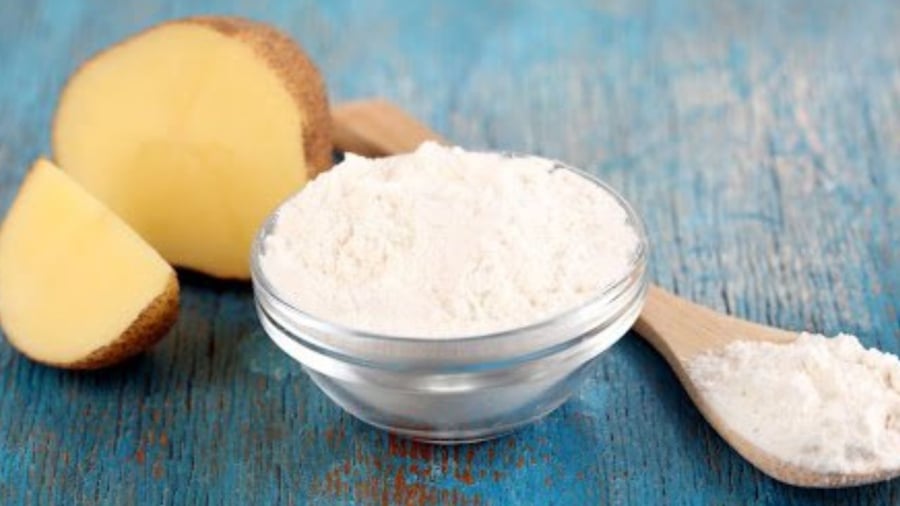
Add a few grains of salt to the frying pan
Similar to adding flour or lemon juice, you can use sea salt. Salt also has a sponging effect, improving the crispiness of fried food and preventing sticking.
Additionally, keep the following tips in mind for crispier fried food:
Always ensure the pan is dry before adding oil: If the pan is wet, oil splatters are more likely to occur, which can be dangerous and cause sticking.
Pay attention to the oil temperature before adding food: It is crucial to get the oil temperature just right to prevent sticking effectively. You’ll know the oil is ready when you see bubbles forming around the edges and hear a sizzling sound when you insert a utensil.
If the oil isn’t hot enough, the food will absorb more of it, resulting in a greasy and less crispy dish. Therefore, look for a gentle ripple in the oil and the formation of bubbles when you stir it with a utensil. Frying at this temperature ensures a quick cooking process, a crispy exterior, and a moist, tender interior.
Remember to thaw frozen food completely before frying. If the food is still frozen, it will cause oil splatters and increase the likelihood of sticking. Additionally, the dish won’t taste as good.
During frying, adjust the heat as needed to suit the type of food being cooked. However, just before removing the food from the oil, turn the heat up slightly. This ensures that the food is not overly greasy when removed from the pan. If you keep the heat low, the oil will be absorbed into the food, making it difficult to blot off, resulting in an oily and heavy dish.
























